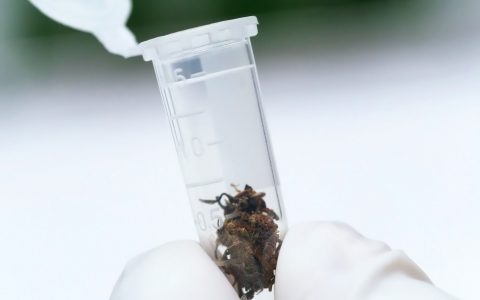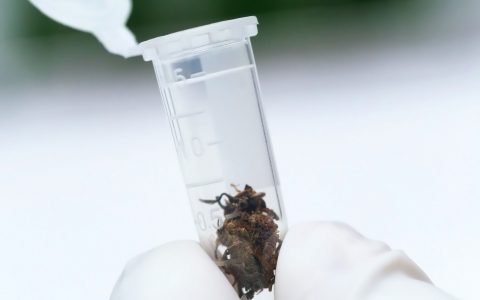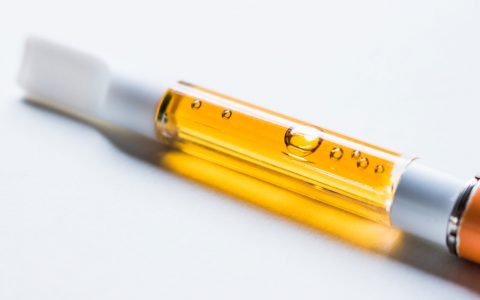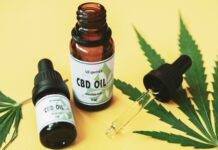Oregon cannabis labs were once national leaders but now their problems are mounting—and a new report issued this week makes them all too clear.
The state of Oregon is not verifying results generated by its licensed cannabis labs, which can lead to the risk of lab bribery and the possibility of product contamination.
Oregon Secretary of State Dennis Richardson issued the report, “Oregon’s Framework for Regulating Marijuana Should Be Strengthened to Better Mitigate Diversion Risk and Improve Laboratory Testing,” on Jan 30.
The report notes a number of lapses in industry oversight. Among them:
- Inspectors visited 16 adult-use stores over 90 days in 2018, amounting to a 3% inspection rate for retailers.
- Four state workers must supervise around 14,000 medical cannabis grows, with no requirements for cameras.
- The medical cannabis supply chain is mostly untested.
- There’s no mechanism for verifying lab testing results in the adult-use market.
- Many labs suffer from weak or missing accreditation.
State officials have “limited authority, inadequate staffing, and inefficient processes [that] reduce the program’s ability to ensure labs consistently operate under accreditation standards,” the report found.
Outside testing by The Oregonian in 2018 found pesticide-tainted products on Oregon shelves, the report noted.
Stepping up lab supervision would increase safety and trust in the adult-use system, experts concluded.
‘Lab-Shopping’ A Reality
The report also identifies incentives to fabricate testing results. Labs compete for business among farms and processors, most of whom want high test numbers for potency and purity. The higher the potency and greater the purity, the higher the price the cannabis can demand in the wholesale market.
The report notes state that agencies are “receiving complaints from labs, including accusations that competitors are not following testing rules or are manipulating potency results to retain and attract customers.”
Washington state experienced similar problems with “lab shopping” in 2017, which Leafly’s Tobias Coughlin-Bogue investigated here.
Cannabis lab testing is so new that there are no federal standards. (And none coming soon, of course, as cannabis remains federally illegal.) Everyone is doing it their own way.
The report defined lab-shopping as what happens “when clients jump from lab to lab seeking desired test results.” The report found growers commonly using multiple labs.
- 24% of growers and 43% of processors used three or more labs between January 2017 and July 2018.
- 38 growers and processors used five or more labs.
- One processor used nine separate labs.
Noone’s Watching the Watchmen
Ultimately, it comes down to who is in the lab coat taking samples, preparing them, analyzing the data, and logging it correctly. The report found that while most cannabis industry workers have to pay a fee, take a legal test, and undergo a background check, lab workers do not.
“As a result, apart from an estimate of staff numbers, not much is known about who is employed at Oregon marijuana labs,” the report stated.
What Consumers Should Know
- All illicit cannabis in Oregon is not tested. Prior studies have shown a significant percentage of illicit cannabis supplies are contaminated with pesticides, mold, or other stuff. Maybe consider growing your own.
- All adult-use cannabis sold in licensed Oregon stores is subject to lab testing, but no one is double-checking the labs. Lab employees aren’t background checked, and there’s a profit motive in fudging potency and purity results. Independent end-point testing of products on shelves has shown some contamination issues.
- All medical cannabis sold in a licensed medical store must be tested, with the caveats described above.
- All medical cannabis not sold in a store, like in cooperatives or beyond, does not have to be tested, and can be subject to contamination problems.
Leafly will have more on this story as we learn more















